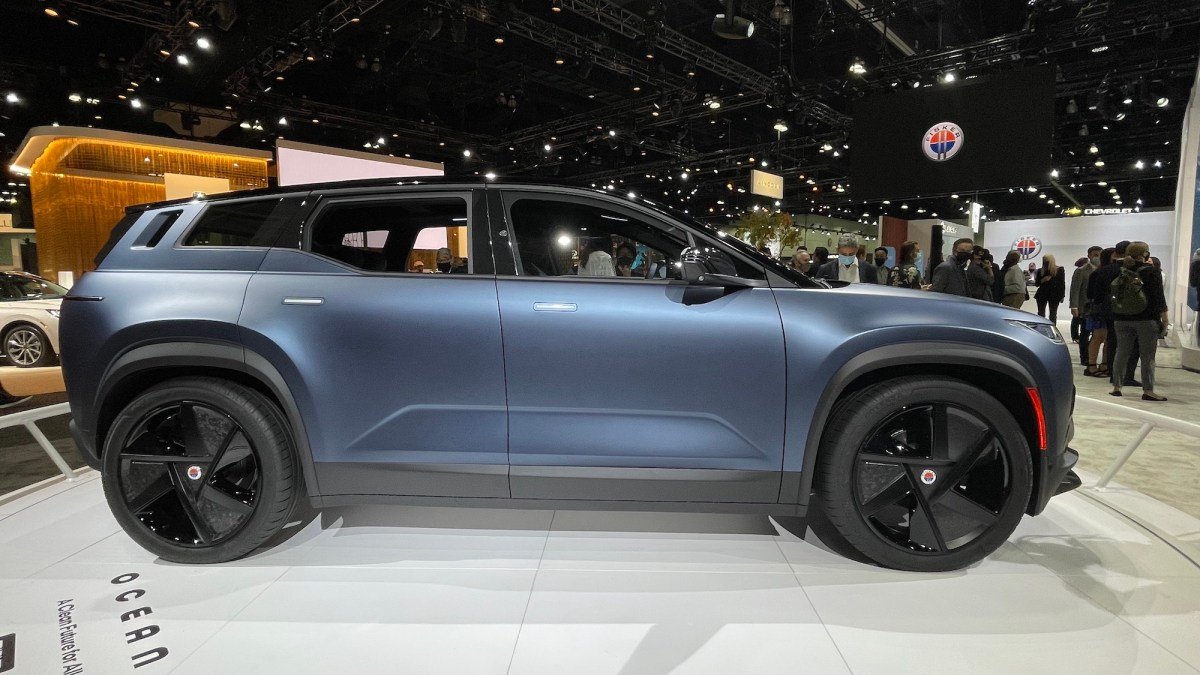The up-and-coming electric vehicle startup, Fisker, is hitting the pause button on production of its highly anticipated Ocean SUV for six weeks. The reason? A desperate need for a cash infusion.
In a recent filing with the Securities and Exchange Commission, Fisker revealed that it currently only has $121 million in cash and cash equivalents as of March 15th. And out of that amount, $32 million is restricted and not immediately available.
The company also disclosed that its accounts payable balance has skyrocketed to $182 million, leading to “substantial doubt” about its ability to continue operations without raising additional capital. This comes after Fisker announced in February that it was likely to issue such a warning.
The filing comes at a critical moment for Fisker, which went public in 2020 through a special purpose acquisition company. While the company initially started shipping its Ocean SUV to the U.S. and Europe in the middle of 2023, the rollout has been riddled with problems. TechCrunch recently reported on issues such as faulty software and poor customer service. The National Highway Traffic Safety Administration has even launched an investigation into the vehicle due to rollaway and braking system problems. And to add to the woes, Fisker announced earlier this year that it was reducing its workforce by 15%, resulting in approximately 200 layoffs.
In 2023, Fisker managed to ship 5,000 of the 10,000 cars produced by its contract manufacturing partner, Magna Steyr. But as of Monday, the company has only delivered 1,300 vehicles in January and February combined.
Fisker is currently trying to pivot from its direct sales model to dealer partnerships. However, this shift has not gone smoothly as one of its initial dealer partners has already parted ways with the company. In fact, The Wall Street Journal reported last week that Fisker has hired restructuring advisers to consider a potential bankruptcy filing.
But even with a potential partnership and investment from an automaker on the horizon (Reuters has reported that this automaker is Nissan), relief may be hard to come by for Fisker. Automotive manufacturing is notoriously expensive, and even with outsourcing much of the work to suppliers like Magna, Fisker’s cash reserves have been depleted by around $200 million in the last 11 weeks alone.
In the meantime, Fisker is attempting to raise $150 million through the sale of convertible notes, according to their filing on Monday. While this deal is not yet finalized and the investor remains confidential, the funds will be released in $35 million tranches, subject to certain conditions.
However, this isn’t the only pressing matter for Fisker. The company also announced that it has failed to file its annual results for 2023 and missed the 15-day extension period granted by the SEC, which expired on March 15th. This default triggered a default in one of Fisker’s other convertible notes. While the investor behind those notes has waived the default, they still have the right to convert the remaining amount of the note (over $300 million as of late January) into shares.








